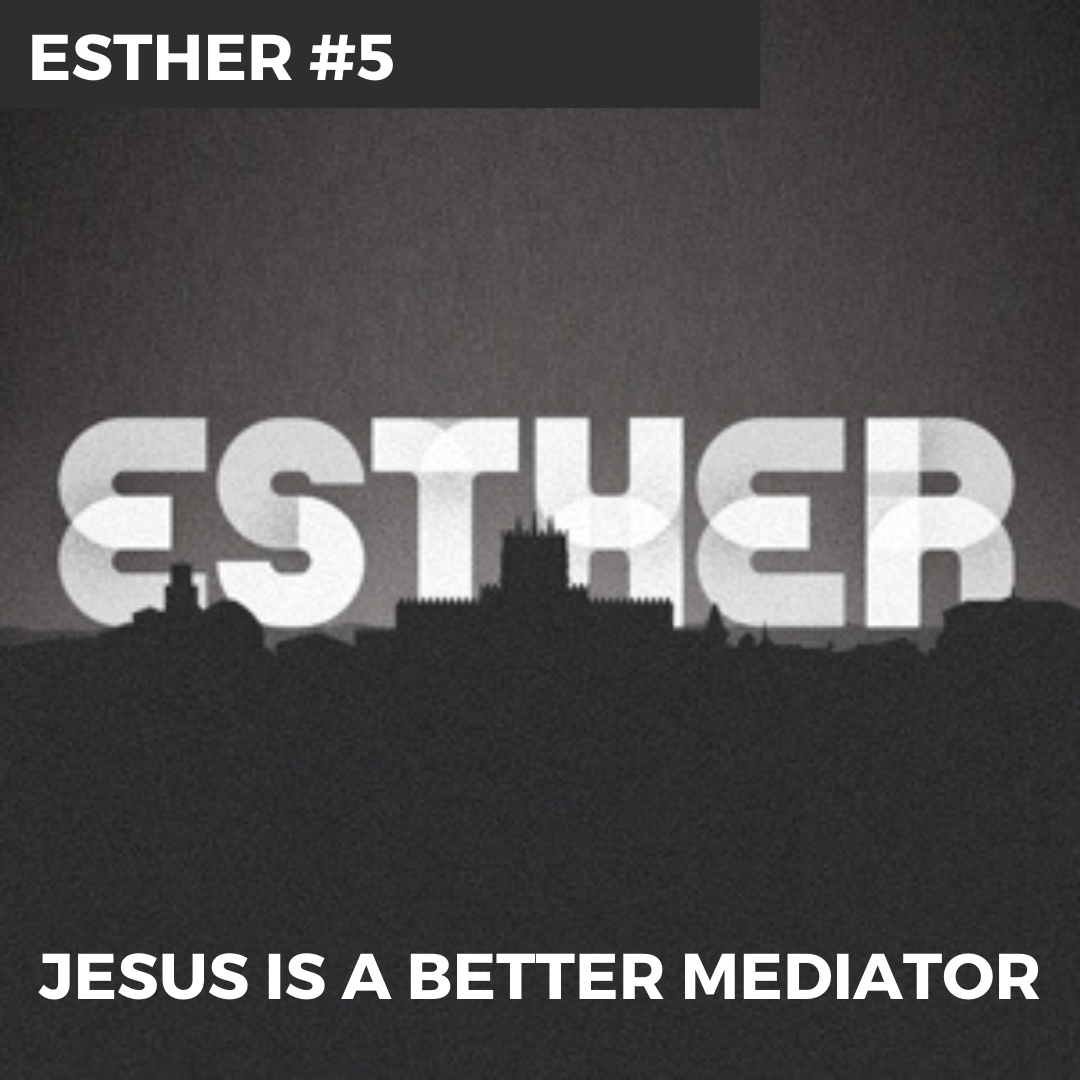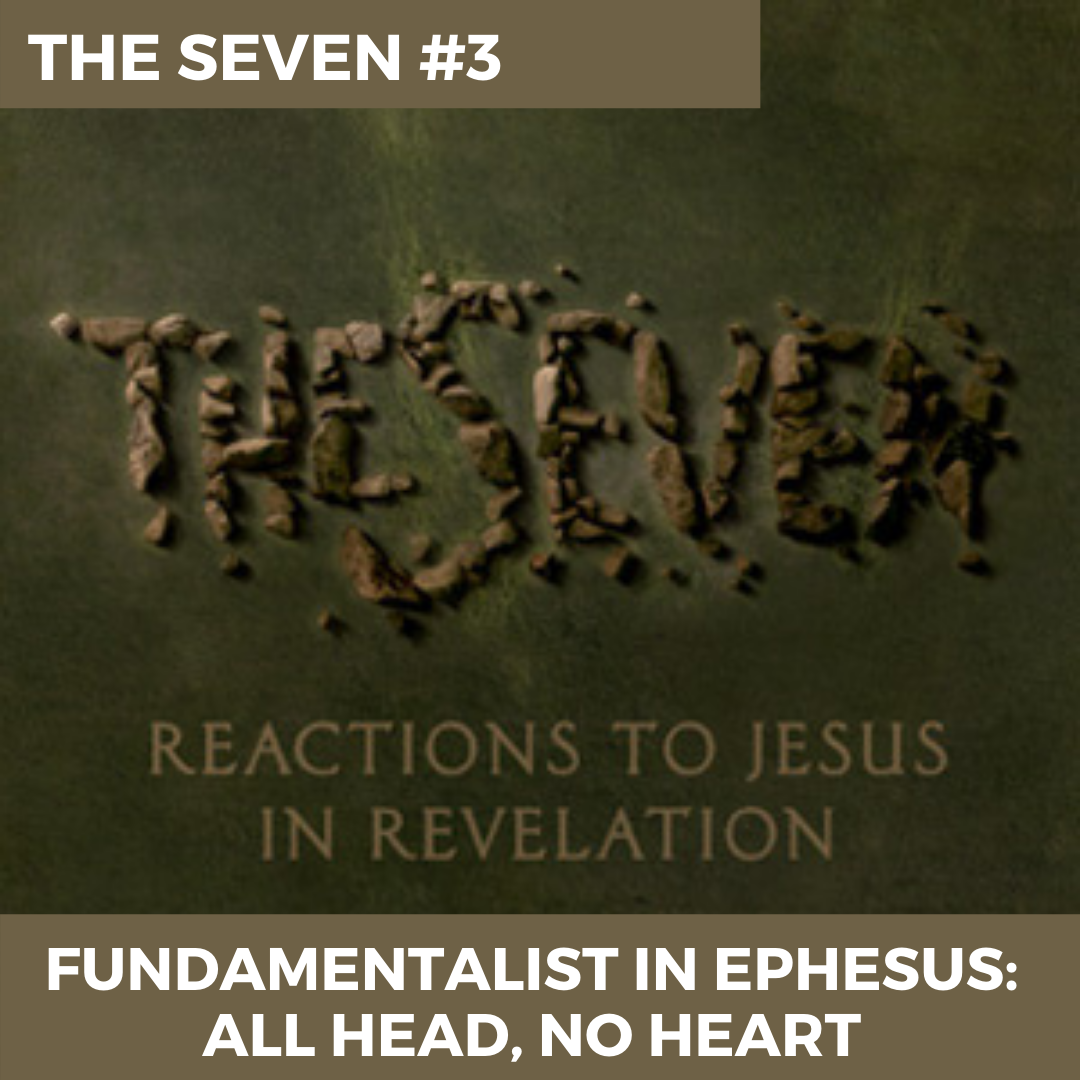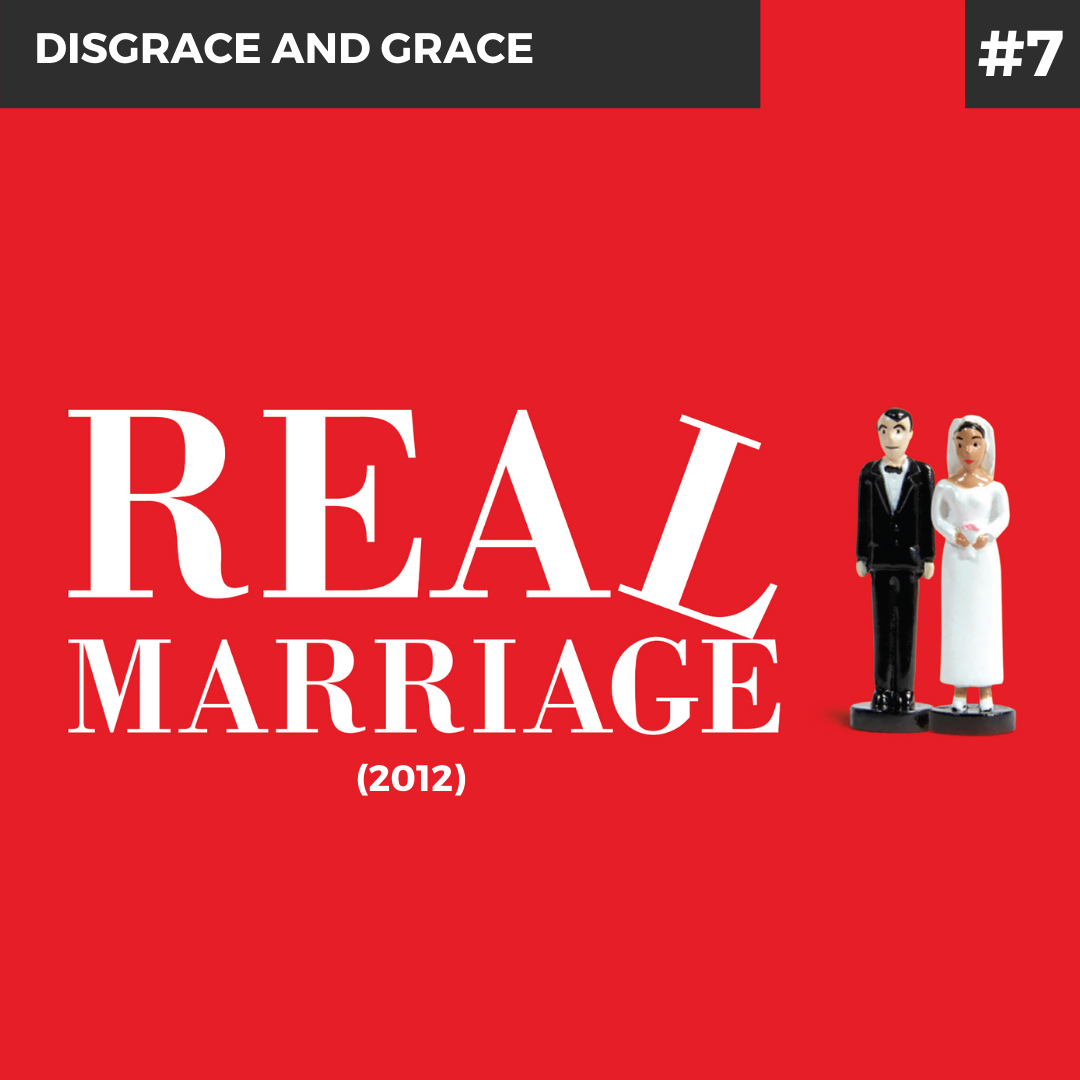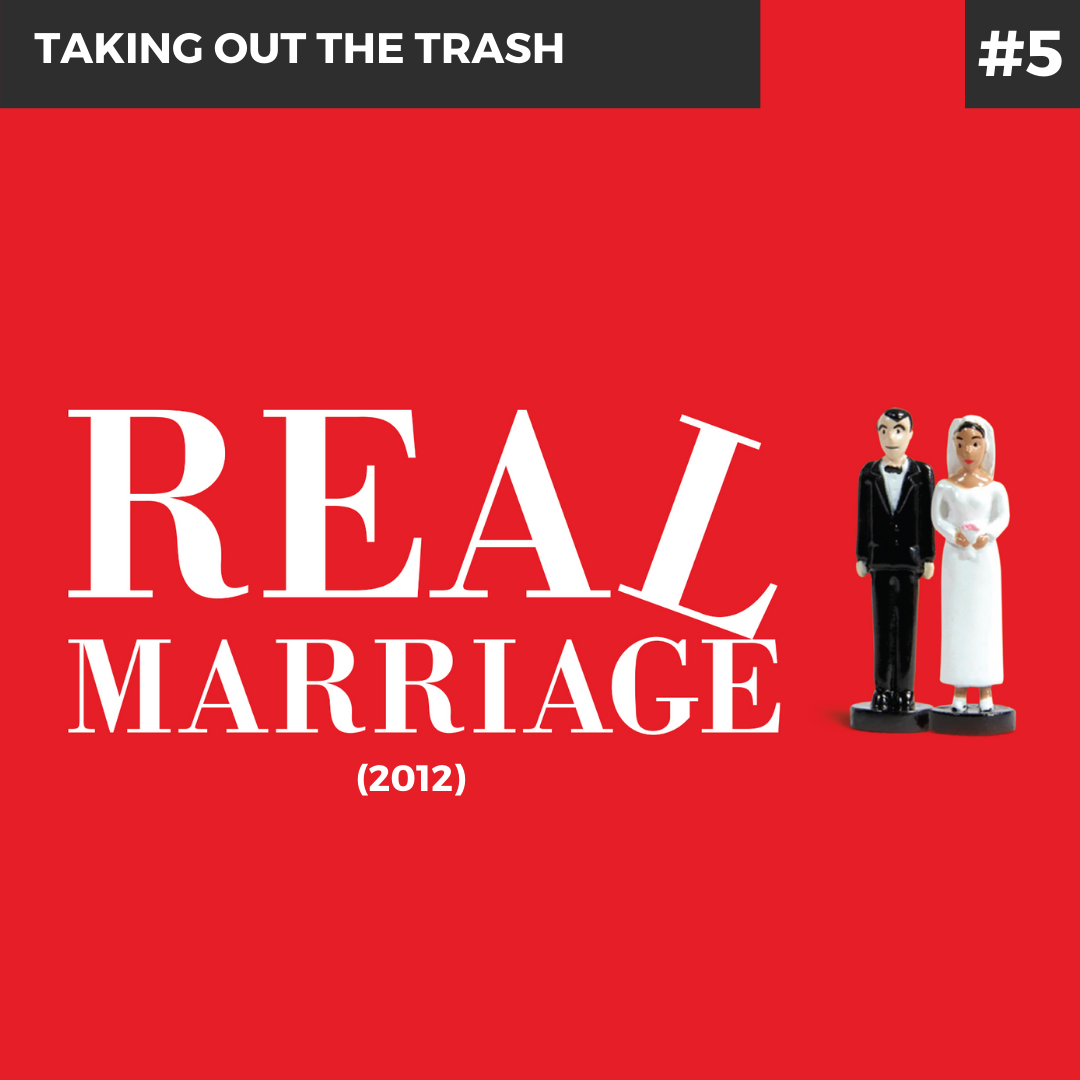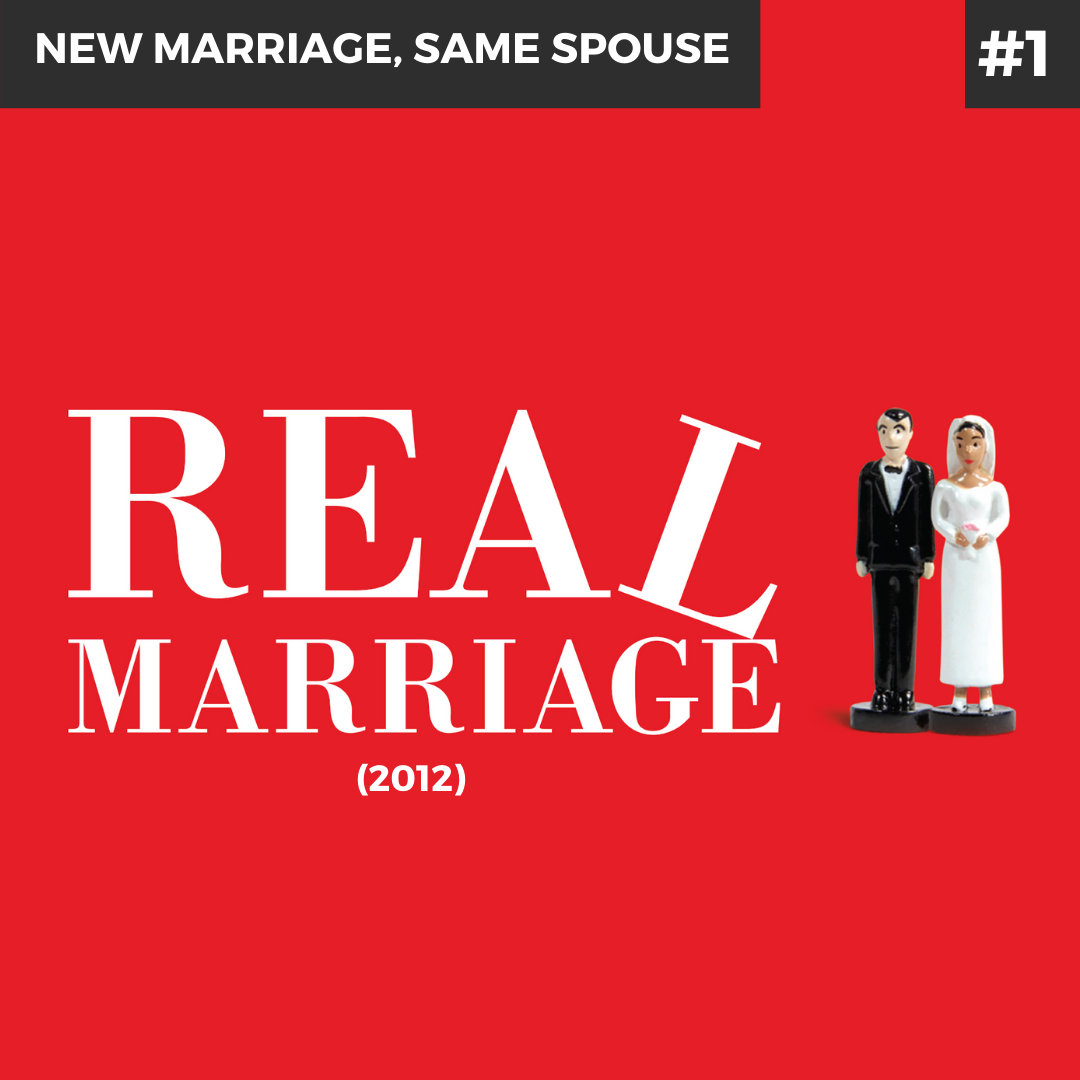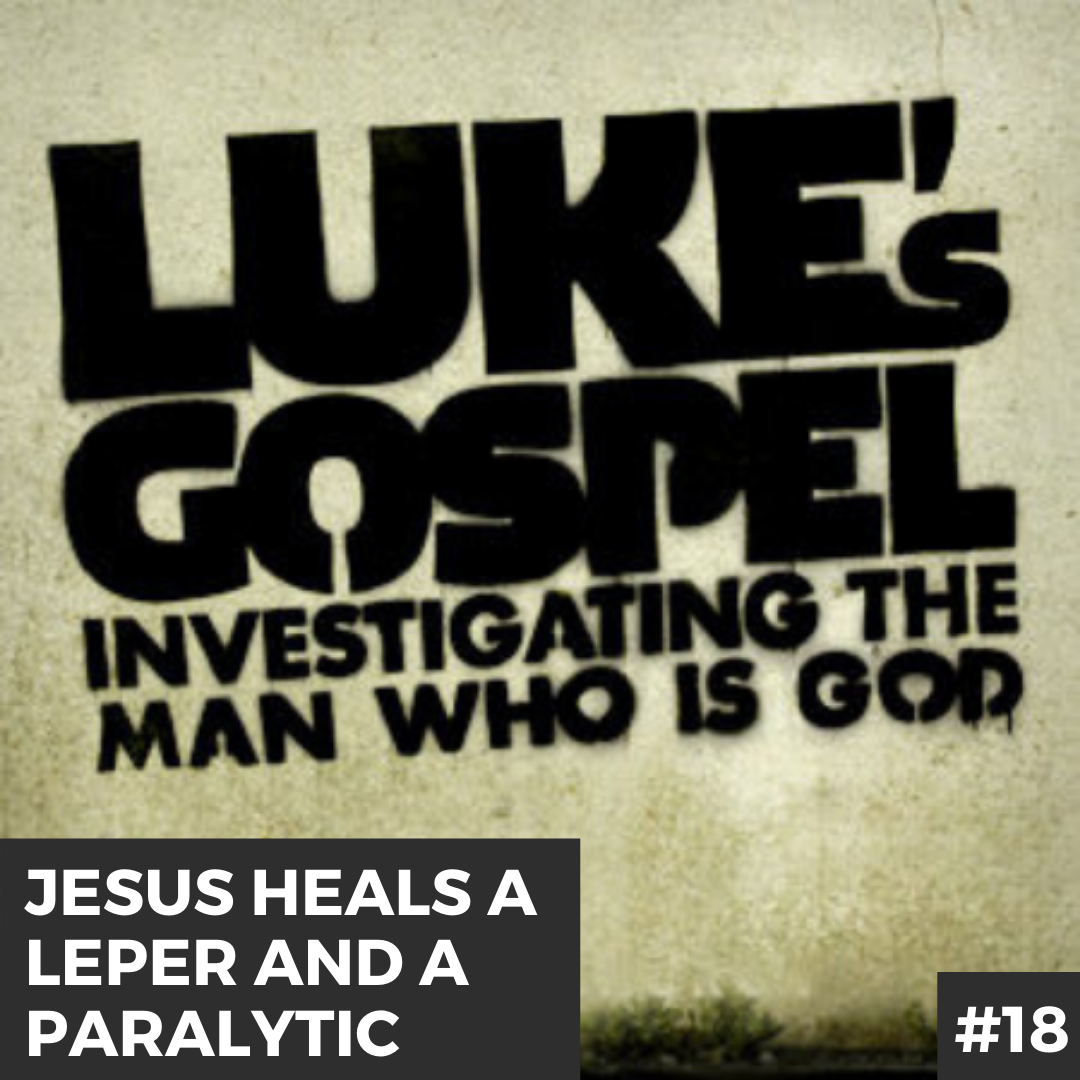Jesus Gives a Better Identity
Your identity—who you think you are—determines how you live. Esther now sees herself as one of God’s people. Haman’s identity, though, is in his idolatry: his glory, power, honor, recognition, and success. If you’re one of God’s people, your identity isn’t achieved, it’s received. Your identity doesn’t need to be in your idolatry, like Haman’s, because Jesus gives a better identity.


